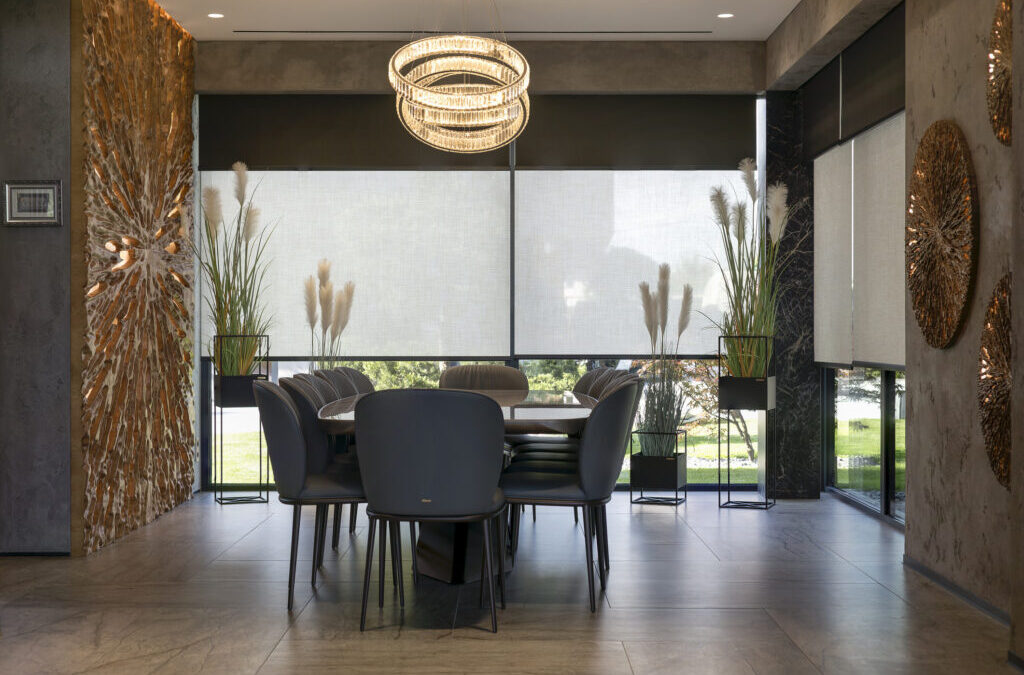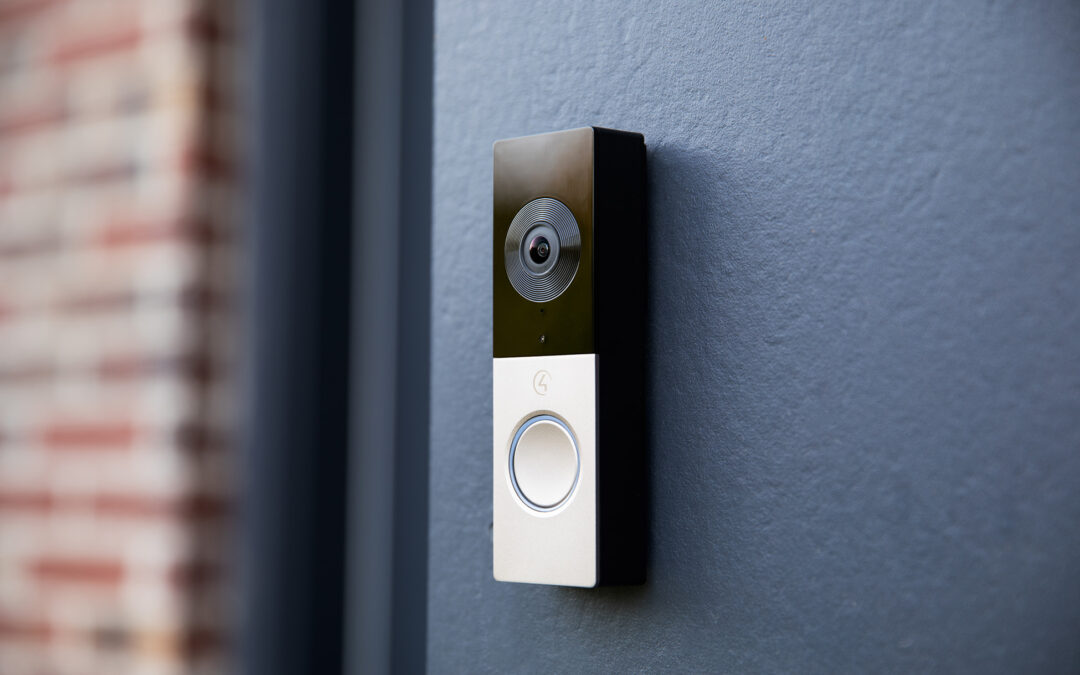Home technology integrators get asked this question a lot. After all, you’ve invested a lot of money into your smart home, shouldn’t it just work? While it’s true that a well designed smart home system should last 3-5 years, it might be a little over optimistic to expect you’ll never have any issues. We’re talking about technology after all. They may be magicians in the home sometimes, but even smart home wizards have their limitations.
Since your smart home system will occasionally experience disruptions, integrators want to keep things simple and provide support when you experience an outage or malfunction. One of the biggest questions to ask yourself is; “What sort of service do I expect when something goes wrong?” We find that clients shake out into 3 categories:
Do It For Me: You hired a professional for a reason. Maybe you love this stuff and would set it up yourself if you had the time, but you don’t. Time is your most precious resource and you can’t stand the idea of wasting it. You want 24/7 access to smart home tech support via email, text, phone or chat and don’t mind paying a premium for it. Better, you’d like it if they knew about issues before you did and could resolve them proactively vs. waiting for your call.
The Self Medicator: You like the backstop and peace of mind that comes with 24/7 remote support and monitoring but love having an app which allows you to perform basic rebooting and troubleshooting without having to get behind that huge electronics rack in your closet.
Don’t Call Us, We’ll Call You: We get it. 24/7 remote support isn’t for everyone. Maybe try it first before you decide?
Imagine planting a garden with immaculate landscaping in your backyard. You spend a ton of money on it and it looks like a million bucks! You decide since you spent so much money on this amazing outdoor space that it shouldn’t need any maintenance or upkeep. Everything goes fine for a few days and then you notice things start to slowly change. Weeds start to poke out. Grass starts to grow. Flowers die off because they need pesticide applications.
Smart homes are no different than that garden. They need constant caring, watering and feeding to ensure optimal performance. When your system is properly managed, small issues can keep from turning into big problems because technology systems don’t die all at once. The earlier an issue can be detected, the sooner it can be fixed, potentially saving you thousands in expensive replacement costs.
Let’s try a couple of visioning exercises. Close your eyes and picture the following scenarios:
- Fast forward 365 days. It’s Sunday evening at 9 p.m. Your favorite HBO show is about to come on and the family is gathered all around. Everyone’s excited! You pick up the remote to fire things up and… nothing. You’re staring down at a black screen. You start to panic. The family is staring at you with that look. You know the one.
- Let’s try that fast forward vision again, this time with 24/7 remote support in play. A few days before the Sunday show, you get a phone call from the 24/7 support folks letting you know they detected a low battery in one of your remotes and they suggest replacing them ASAP or they’d be happy to schedule a service call to do it for you. They also noticed your projector was behaving strangely. They remotely rebooted it and now it’s ready for movie night!
You didn’t hire a smart home pro because they were the cheapest in town. You hired them because you wanted to manage risk and minimize tech headaches. That’s what a service plan is all about; minimizing headaches and being proactive vs. reactive.
Check out our service offerings here.
Credits: Henry Clifford from live wire Virginia.




